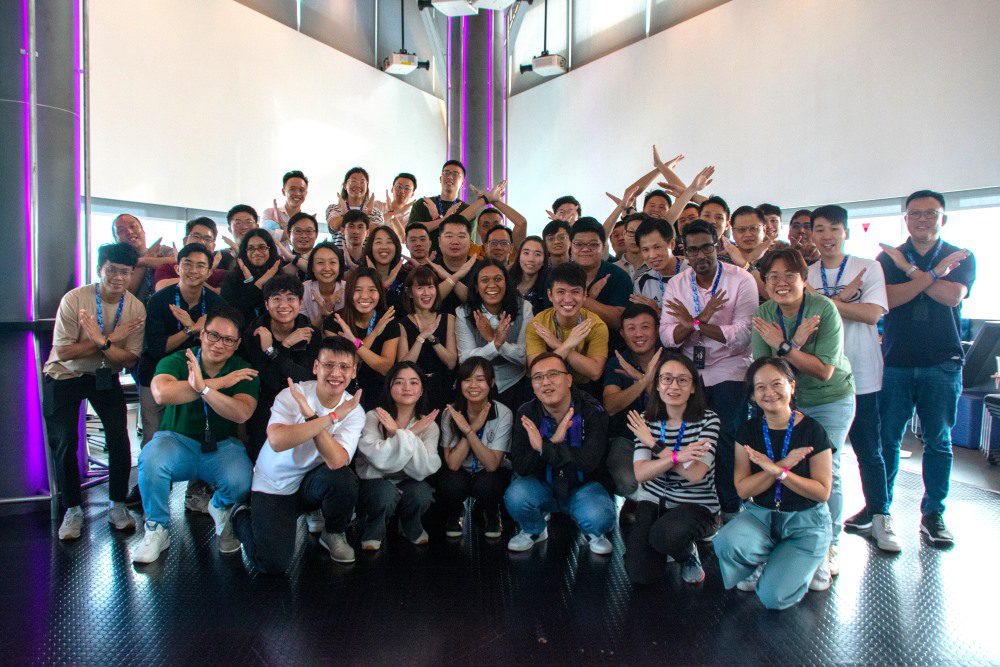What Beginners Should Know About Team Building
For companies venturing into team-building activities for the first time, the process can seem overwhelming. Understanding the fundamentals and having a strategic approach can make the experience more effective and enjoyable. Here’s a comprehensive guide to help beginners navigate the world of team building.
Understanding Team Dynamics
1. Know Your Team’s Composition
Before planning any activity, it’s crucial to understand your team’s composition. Are your team members more introverted or extroverted? Do they come from diverse roles or share similar job functions? By recognizing these dynamics, you can tailor activities to be more inclusive and engaging for everyone.
2. Be Aware of Potential Barriers
Consider any potential barriers that might hinder full participation. This includes physical limitations, cultural differences, or varying comfort levels with social interaction. Being mindful of these factors helps ensure that all team members feel included and valued.
Setting Realistic Expectations
1.Start Small
If your company is new to team building, begin with simple, low-pressure activities. Avoid extensive planning or significant time commitments initially. Starting small allows you to gauge your team’s response and make adjustments for future activities.
2. Focus on Quality Over Quantity
It’s not necessary to fill the schedule with numerous activities. Instead, concentrate on a few well-planned, meaningful exercises that align with your objectives. High-quality experiences often have a more profound impact than several less focused ones.
3.Manage Expectations
Communicate to your team that the primary goal of these activities is to build relationships and enhance collaboration, not to win or compete aggressively. Setting the right tone ensures everyone approaches the event with a positive and cooperative mindset.
Budgeting for Team Building
1. Allocate Resources Wisely
Effective team-building activities don’t need to be expensive. Start with budget-friendly options like in-office challenges or local outdoor activities. As you gather feedback and see the benefits, you can gradually allocate more resources for elaborate events.
2. Consider External Facilitators
For those new to team building, hiring an external facilitator or event planner can be a worthwhile investment. Professionals in this field bring expertise in designing and executing effective activities, which can be particularly beneficial for beginners.
Creating a Supportive Environment
1. Encourage Participation, Don’t Force It
While team-building activities are beneficial, not everyone will be equally enthusiastic. Encourage participation without making it mandatory. Voluntary engagement often leads to more genuine involvement and enthusiasm.
2. Build a Positive Atmosphere
The success of team-building activities relies heavily on the atmosphere. Foster a positive, relaxed environment where employees feel safe to express themselves and participate fully. A non-judgmental, supportive atmosphere promotes creativity and collaboration.
Learning from Experience
1. Reflect and Adapt
After each team-building event, take time to reflect on what worked well and what didn’t. Collect feedback from participants and be open to making necessary adjustments. This iterative process helps enhance the effectiveness of future activities.
2. Celebrate Small Wins
Acknowledge and celebrate successes, no matter how minor they may seem. Whether it’s improved communication, a new friendship, or a creative solution that emerged, recognizing these outcomes reinforces the value of team building.
Overcoming Common Challenges
1. Dealing with Skepticism
Some employees may be skeptical about team-building activities, viewing them as forced or unproductive. Address this by clearly communicating the purpose of the activities and how they align with the company’s goals. Consider starting with activities that offer tangible benefits, such as skill development workshops, to demonstrate their value.
2. Balancing Work and Fun
Finding the right balance between work-related objectives and fun can be challenging. While aligning activities with company goals is important, ensure that team building remains enjoyable. The most successful events strike a balance between achieving objectives and providing a refreshing break from the usual work routine.
Conclusion
Embarking on team-building activities for the first time can be both exciting and challenging. By understanding your team’s dynamics, setting realistic expectations, and creating a supportive environment, you can lay a strong foundation for successful team-building initiatives. Start small, learn from each experience, and adapt as needed. Over time, team-building activities can become a valuable part of your company culture, fostering a more cohesive, motivated, and productive workforce.
To head back to read another article in our blog, click here.

